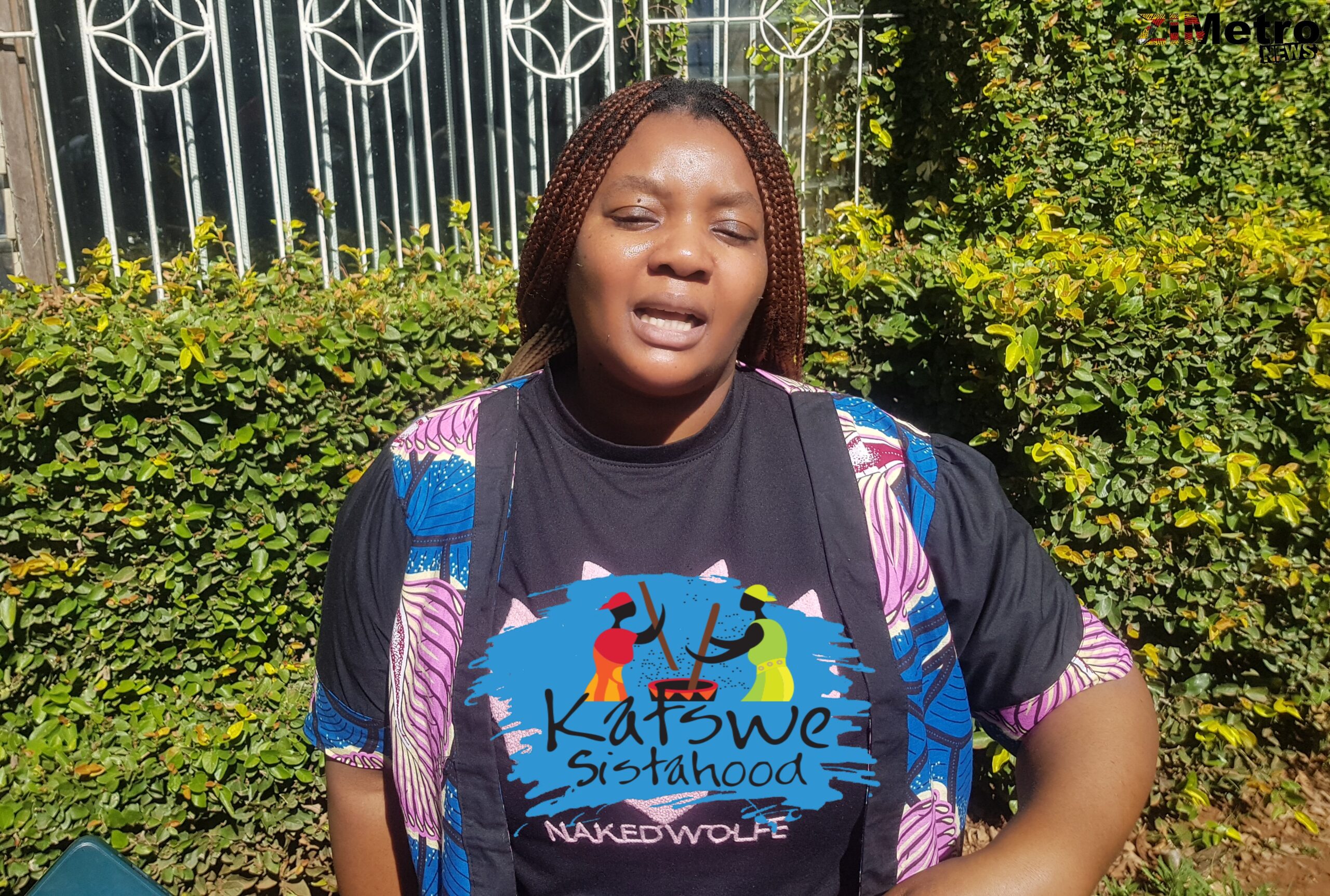Harare | Zimbabwe, like many other countries, grapples with the complexities surrounding abortion. While the law may condemn it in some instances, there are provisions for legal and safe abortion, particularly in cases of rape, incest, or when the mother’s health is at risk.
However, despite these legal provisions, access to safe abortion services remains a challenge, often driving women towards unsafe and clandestine procedures, leading to maternal mortality and other health complications.
During a workshop discussion, I had the opportunity to speak with Ottilia Chinyani, the Katswe Sistahood Programs Officer. She highlighted a concerning dissonance between the prevailing situation and the laws of Zimbabwe regarding abortion. Ottilia emphasized that an increasing number of teenagers are engaging in these acts without prioritizing their safety or possessing adequate knowledge of the risks associated with abortions.
“The reality on the ground starkly contrasts with the ideal, as an increasing number of teenagers engage in these acts without adequate care or within safe environments.”
This disconnection underscores the urgent need for comprehensive education and accessible resources to empower young people with the information they need to make informed choices about their reproductive health.
In a society where discussions around abortion often remain shrouded in taboo and stigma, initiatives like those undertaken by Katswe Sistahood in Zimbabwe are essential steps towards empowerment and education.
By engaging with various media outlets and advocating for open dialogue, Katswe Sistahood is not just addressing the issue of abortion but also aiming to enhance the overall understanding of reproductive rights and women’s health.
One of the pressing issues exacerbating the challenge of unsafe abortion is the rising prevalence of teenage pregnancies in Zimbabwe. This not only impacts maternal health but also reflects gaps in knowledge, access to contraceptives, and socio-cultural factors influencing sexual behavior among adolescents.
Also read: Sir Wicknell Speaks On His Marriage in Viral Audio!
Katswe Sistahood’s program aims to delve into these factors, investigating attitudes, beliefs, and practices surrounding contraceptive use among adolescent girls and women. By addressing socio-cultural and economic contexts that contribute to risky sexual behavior, the program seeks to empower young women with information and resources to make informed choices about their reproductive health.
Central to Katswe Sistahood’s mission is the creation of safe spaces where taboo topics like abortion and adolescent sexuality can be openly discussed without fear or judgment. By conducting workshops and engaging with religious and cultural leaders, the organization seeks to challenge prevailing norms and myths surrounding these issues.
Additionally, encouraging parent-child communication is crucial in bridging the gap in reproductive health education, ensuring that young people have accurate information and support from trusted sources.
Beyond grassroots efforts, Katswe Sistahood advocates for broader policy changes to ensure reproductive rights are upheld. This includes challenging existing abortion laws, reducing procedural barriers to contraceptive access, and urging the government to implement existing laws without prejudice.
By demystifying abortion and reframing the discourse around it, the organization aims to empower women to assert control over their bodies and make informed decisions about their reproductive health.
Abortion in Zimbabwe is a complex and often misunderstood topic. Here are some key points to understand:
Abortion in Zimbabwe is generally restricted by law, except in certain circumstances. The Termination of Pregnancy Act of 1977 allows for abortion if the pregnancy is a result of rape, incest, or if the continuation of the pregnancy would endanger the woman’s life or health.
Despite the legal provisions, access to safe and legal abortion services remains limited in Zimbabwe. Many women, particularly those in rural areas, face barriers such as lack of information, stigma, and financial constraints, which push them towards unsafe and clandestine procedures.
The restrictive abortion laws contribute to a high prevalence of unsafe abortions in Zimbabwe, leading to significant health risks and even death. Unsafe abortions are a major contributor to maternal mortality in the country.
Advocates in Zimbabwe, including organizations like Katswe Sistahood, are pushing for broader reproductive rights and access to safe abortion services. They argue that women should have the right to make decisions about their own bodies and access healthcare services without fear of stigma or legal repercussions.
There is a need for comprehensive education and awareness campaigns to dispel myths and misconceptions surrounding abortion in Zimbabwe. Providing accurate information about reproductive health, contraception, and safe abortion options is crucial to empower women and reduce the incidence of unsafe abortions.
Activists and organizations continue to advocate for policy reforms to improve access to safe abortion services and protect women’s reproductive rights. This includes efforts to challenge restrictive laws and address barriers to access, such as stigma and lack of healthcare infrastructure.

For comments, Feedback and Opinions do get in touch with our editor on WhatsApp: +44 7949 297606.
